IPAC Services
Infection Control Risk Assessment (ICRA)
Our Infection Control Risk Assessment service identifies and addresses potential infection risks before construction, renovation, or maintenance begins.
Infection Control During Construction
Healthcare Construction and ICRA: Ensuring Infection Control from Start to Finish.
Our construction Infection Control Risk Assessment (ICRA) service identifies and addresses potential infection risks before construction, renovation, or maintenance begins. Here’s how we can help protect your project and occupants, from start to finish.
What’s Included:
Pre-Construction Infection Control Risk Assessment (ICRA)
We evaluate your blueprints and project to pinpoint infection hazards before work begins.
Custom Infection Control Plan for Construction
Our experts design clear containment, air quality, and cleaning protocols tailored to your project.
Ongoing Compliance Support
We conduct regular construction audits to keep your infection control measures on track until project completion.
Infection Control During Construction
Serving a Diverse Range of Healthcare Environments.
Frequently
Asked Questions (FAQ)
What is an infection control risk assessment (ICRA)?
The Infection Control Risk Assessment (ICRA) is a systematic process used in healthcare facilities to evaluate and control infection risks during construction, renovation, or maintenance work. The ICRA is considered an official risk assessment, in case of potential investigation by regulatory bodies.
When should I schedule my Infection Control Risk Assessment (ICRA)?
To avoid costly delays or potential regulatory fines, schedule your pre-construction infection control risk assessment as early as possible—ideally immediately after finalizing architectural drawings and before breaking ground. Early engagement allows us to identify high-risk zones, address infection control risks, and secure your infection control construction permit in advance.
Who completes the Infection Control Risk Assessment (ICRA)?
Infection Control Risk Assessment (ICRA) process is led by one of our qualified Infection Prevention & Control (IPAC) consultants. Throughout the project, the IPAC consultant collaborates closely with a multidisciplinary team (MDT) such architects, contractors, HVAC/mechanical leads, facility managers and other stakeholders —ensuring every phase of your construction Infection Control Risk Assessment is thorough, compliant, and seamlessly integrated into your build schedule. You can read more about the role of the Multidisciplinary team (MDT) in construction in our blogpost.
What is included in the Infection Control Plan?
Based on the risks identified the Infection Control Risk Assessment (ICRA) process, specific control measures are developed to minimize the identified risks. These measures may include:
- Barrier Protection: Using physical barriers like containment walls or temporary partitions to isolate construction areas.
- Dust Control: Implementing dust control measures like negative pressure systems or air filtration.
- Traffic Flow: Establishing traffic flow to ensure separate entry and exit points, clearly marked pathways, and movement schedules to control and monitor traffic in and around the construction zone
Cleaning and Disinfection: Establishing protocols for cleaning and disinfecting areas during and after construction activities.
What ongoing support do you provide throughout the Infection Control Risk Assessment (ICRA) process?
Beyond the initial pre-construction infection control risk assessment and infection control construction permit management, we offer ongoing compliance support that includes:
- Regular site audits: Scheduled walkthroughs to verify barrier integrity and cleaning protocol adherence.
- Plan updates: Dynamic revisions to your infection control plan construction as project conditions evolve.
Training refreshers: On-site or virtual sessions for new crew members on infection control best practices.

